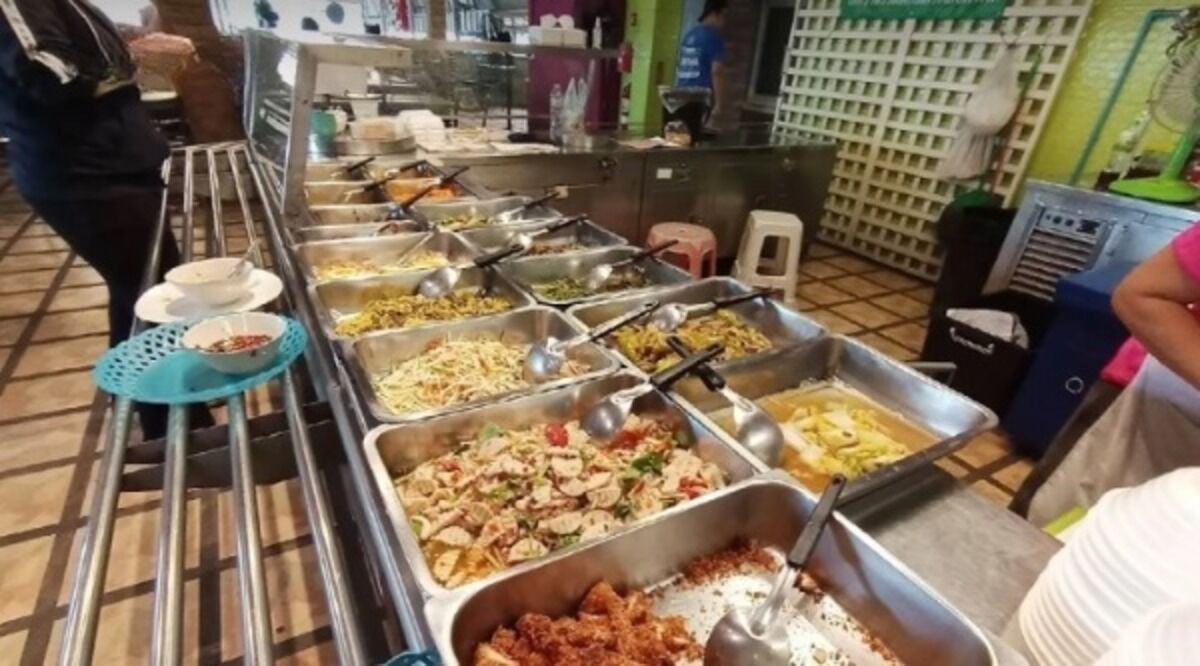Thailand’s plan to turn food waste into lifesavers

Thailand unveiled a plan to tackle food waste and hunger. The National Science and Technology Development Agency (NSTDA) has teamed up with the Scholars of Sustenance Foundation (SOS) to outline the creation of a national food bank.
NSTDA’s vice president for strategy and budgeting, Nuanwan Sanguansak, spearheaded a public hearing on Sunday, July 7, aimed at gathering feedback on managing excess food.
“This initiative is pivotal in addressing food loss and its environmental impact.”
More than 60 representatives from various public and private agencies attended the event, offering insights that will shape guidelines for Thailand’s National Food Bank. Their discussions delved into raising awareness about food surplus – edible items that remain unsold – and tackling logistics issues in food delivery management.
One suggestion was to establish warehouses or cold rooms for storing food before distribution to those in need. An SOS Foundation representative proposed government collaboration to share data on vulnerable groups.
“By linking data between networks, SOS can target the right groups and cut transportation costs.”
NSTDA policy researcher Patamaporn Prachumrat highlighted a startling study: one in three food products is discarded, wasting resources and harming the environment through greenhouse gas emissions. Prachumrat noted that NSTDA’s technology is key to managing surplus food and enhancing donation efficiency.
Prachumrat pointed to NECTEC’s digital platform, which matches needs with donations and integrates with SOS’s Cloud Food Bank system. She also revealed plans for a carbon footprint study on salvaged food.
“This will incentivise donors by showcasing their impact on reducing carbon emissions. We might even profit from this in the future.”
The initiative hinges on networking among over 1,200 brands to create continuous donation incentives. Prachumrat emphasised the importance of ensuring that donations are nutritious and of high quality, urging all parties to collaborate closely.
She also called for more donation channels and diverse communication strategies to reach a broader audience willing to contribute. This pioneering effort promises to transform food waste into a vital resource, tackling hunger and environmental issues in Thailand, reported The Nation.
Latest Thailand News
Follow The Thaiger on Google News:


























